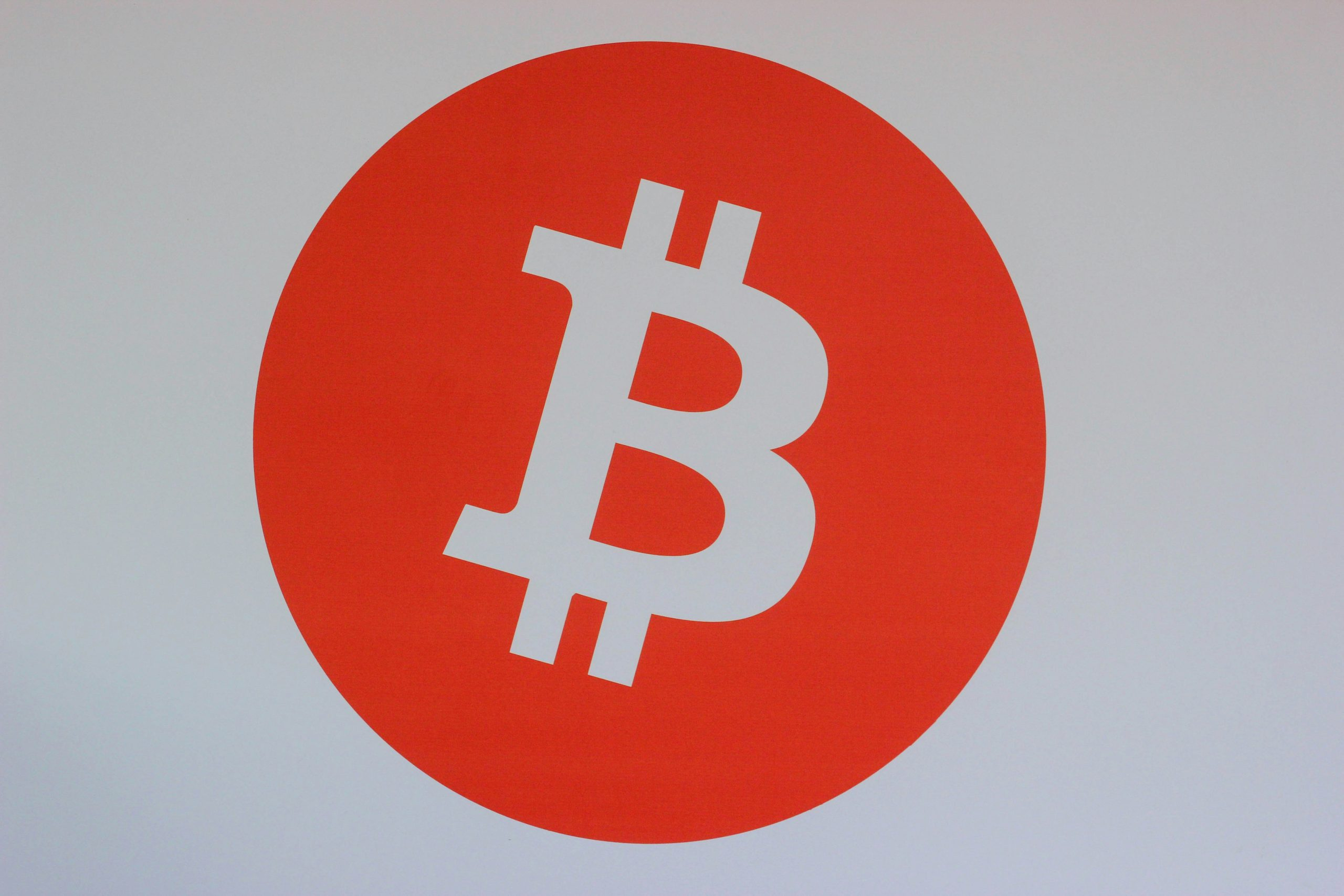SEC vs. Crypto: The Regulatory Showdown Reshaping Markets
The world of cryptocurrency has been abuzz with the news of the ongoing battle between the Securities and Exchange Commission (SEC) and the crypto industry. This regulatory showdown is shaping the future of the market, creating both uncertainty and opportunity for investors and traders alike. With the increasing popularity and adoption of cryptocurrency, it was only a matter of time before it caught the attention of regulators. But what is the SEC vs. Crypto battle all about? Let’s delve deeper into this clash of two worlds and its impact on the market.
The Rise of Cryptocurrency
Cryptocurrency, or digital currency, has been steadily gaining mainstream recognition over the past decade. Bitcoin, the first and most popular cryptocurrency, was created in 2009 and has since paved the way for thousands of other digital currencies. Cryptocurrencies are decentralized, meaning they are not controlled by a central authority like a bank or government. Instead, they operate on a peer-to-peer network, allowing for secure and fast transactions.
The meteoric rise of cryptocurrency has not gone unnoticed by traditional markets, with major players such as Tesla, PayPal, and Visa now accepting it as a form of payment. The total market cap of all cryptocurrencies combined has surpassed $2 trillion, making it a force to be reckoned with in the financial world.
The Role of the SEC
The SEC is a regulatory agency of the US government tasked with protecting investors, maintaining fair and efficient markets, and facilitating capital formation. It oversees all securities transactions in the United States and plays a crucial role in maintaining market integrity and consumer protection.
The SEC’s concern with the crypto market lies in the fact that many digital assets are being traded as securities without proper regulation or oversight. The Howey Test, a legal precedent set by the Supreme Court, defines a security as any investment in a common enterprise where the investor expects profits solely from the efforts of others. This definition can easily encompass many cryptocurrencies, making them subject to SEC regulations.
The Regulatory Showdown
The regulatory showdown between the SEC and crypto has been ongoing for years now, with the SEC taking action against numerous crypto companies and individuals for violating securities laws. In 2019, the SEC sued messaging app giant Telegram for allegedly unregistered sale of digital tokens, effectively halting their planned cryptocurrency launch.
While the SEC maintains that many cryptocurrencies fall under the securities category, the crypto industry argues that some digital assets are utility tokens and do not fall under the jurisdiction of the SEC. This ongoing battle has caused uncertainty and confusion in the market, with investors and exchanges struggling to comply with constantly changing regulations.
The Impact on the Market
The regulatory showdown between the SEC and crypto has had a significant impact on the market. The constant threat of legal action has caused many crypto companies to mitigate their offerings to stay out of the SEC’s crosshairs. This has, in turn, affected investor confidence, with many hesitant to invest in a market with such uncertainty.
The SEC’s actions have also caused major cryptocurrencies such as Bitcoin and Ethereum to experience price fluctuations and volatility. This can be attributed to the market’s fear of potential regulations and the impact they may have on these digital assets.
The Way Forward
The SEC’s battle with the crypto market shows no signs of slowing down, and it’s unlikely to be resolved anytime soon. However, as more and more countries around the world implement their own regulatory frameworks for cryptocurrencies, the SEC may eventually need to follow suit.
While regulations may bring about short-term disruptions and challenges, in the long run, they could also provide clarity and legitimacy to the market. This could potentially attract more institutional investors and mainstream acceptance, leading to the long-term growth and stability of the crypto market.
In Conclusion
The SEC vs. Crypto battle is reshaping the market and causing both excitement and uncertainty for investors and traders. While the SEC’s actions have cast a shadow over the industry, regulations could bring about much-needed legitimacy and stability in the long run. Only time will tell how this regulatory showdown will shape the future of the crypto market, but one thing is for sure – it’s a battle that’s far from over.











